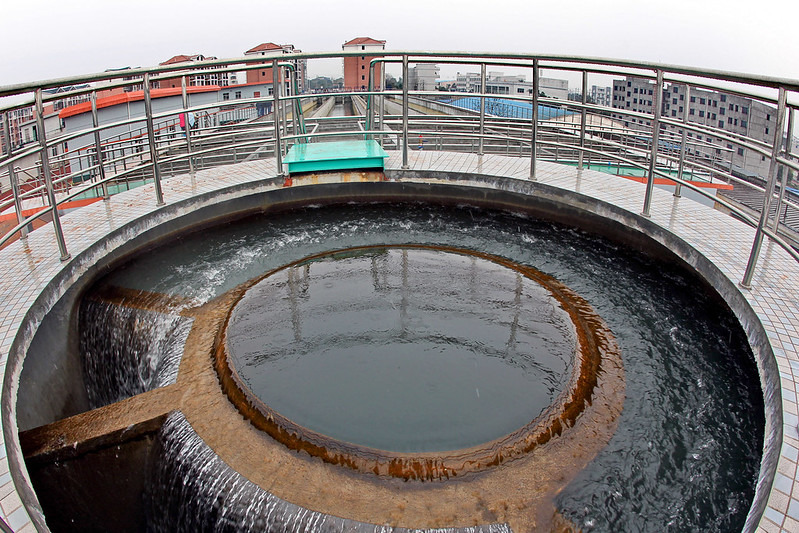The modern world is superb. At our convenience, and always within our reach, tap water is mostly a matter of shuffling our feet and flicking our wrist. Regardless of where we are, odds are we’re able to come across drinkable water, which is great, as it is a basic human need.
Given how prevalent water is, it can be easy to forget that mankind’s struggle for a safe source of hydration used to be at the forefront of our collective consciousness for thousands of years, especially since the water supply seems never-ending.

Although water is certainly not an infinite resource, and will eventually run out in the future, at least for now we have the (guilty) luxury of being able to leave the tap running while we’re brushing our teeth.
If you’re wondering how your local urban center acquires and purifies its water, then we’ve dedicated this article to a quick explanation as to the treatment process. Read on to find out more!
Despite common belief, most water is not drinkable. Whether we’re thinking about saltwater that would be horribly bad for the human body if drunk or freshwater that has been infected by contaminants, the odds of us contracting an illness from carelessly drinking water is high.
Take into consideration a river or a not-so-shallow stream. Many people believe that it is safe to drink from since it springs from the mountains and can be found in nature, even though that couldn’t be farther from the truth.
Read Also:
Therefore, they fill up their plastic bottles with so-called “spring water” and marvel at how clear and refreshing it tastes when compared to tap water – only to get horribly sick later in the day from contracting germs and bacteria.
The thing is, taste and look aren’t everything. There is a reason why we always try and purify our water regardless of the source. Microbes are no joke! Unfortunately, the process isn’t easy.
In order for the water to get treated, it has to come from somewhere. Most municipal water sources come from nearby rivers, lakes, or underground reservoirs. They are transported through a network of pipes that are able to conduct the water to treatment plants.
Once the water has arrived at the plant, the first procedure it will go through is called screening. More often than not, water is filled with materials and sediments such as sand, gravel, or any discarded trash, so all of that must be taken out before the purification process starts in earnest.
That is done by placing a metal screen over the water intake, which can filter out any large materials. While the screen isn’t going to remove minuscule particles, it’s able to get rid of unwieldy objects such as barrels, tires, or tree trunks.
The next procedure involves infusing the water with a coagulating chemical that is able to make small particles within it clump together into one big whole, called a “floc.” This is done in a rapid mix unit which combines the coagulant with the water and flocculates, thus creating the floc.
After that, the water is sent to a sedimentation basin, also called a clarifier, where it is raked clean from floc and passed over a weir that collects it and then leads it to the filters, which complete the final part of the journey.
The filtration process consists of water dripping from the top into a drain system filled with filtering materials such as sand and gravel. Granular activated carbon has also become a popular choice as of late.
Finally, most treatment plants will introduce chlorine into the water to kill off any remaining contaminants. The amount of chlorine added is very exact due to potentially causing health problems.
Although the process described in this article is very involved and on an industrial scale, small-scale homeowners can purchase water filters for their homes that would be just as effective.
Anything from simple sediment filters to more specialized units such as iron and sulphur filters from Water eStore can be found on the internet, so if you feel the need to purify your water supply, then the sky is the limit!